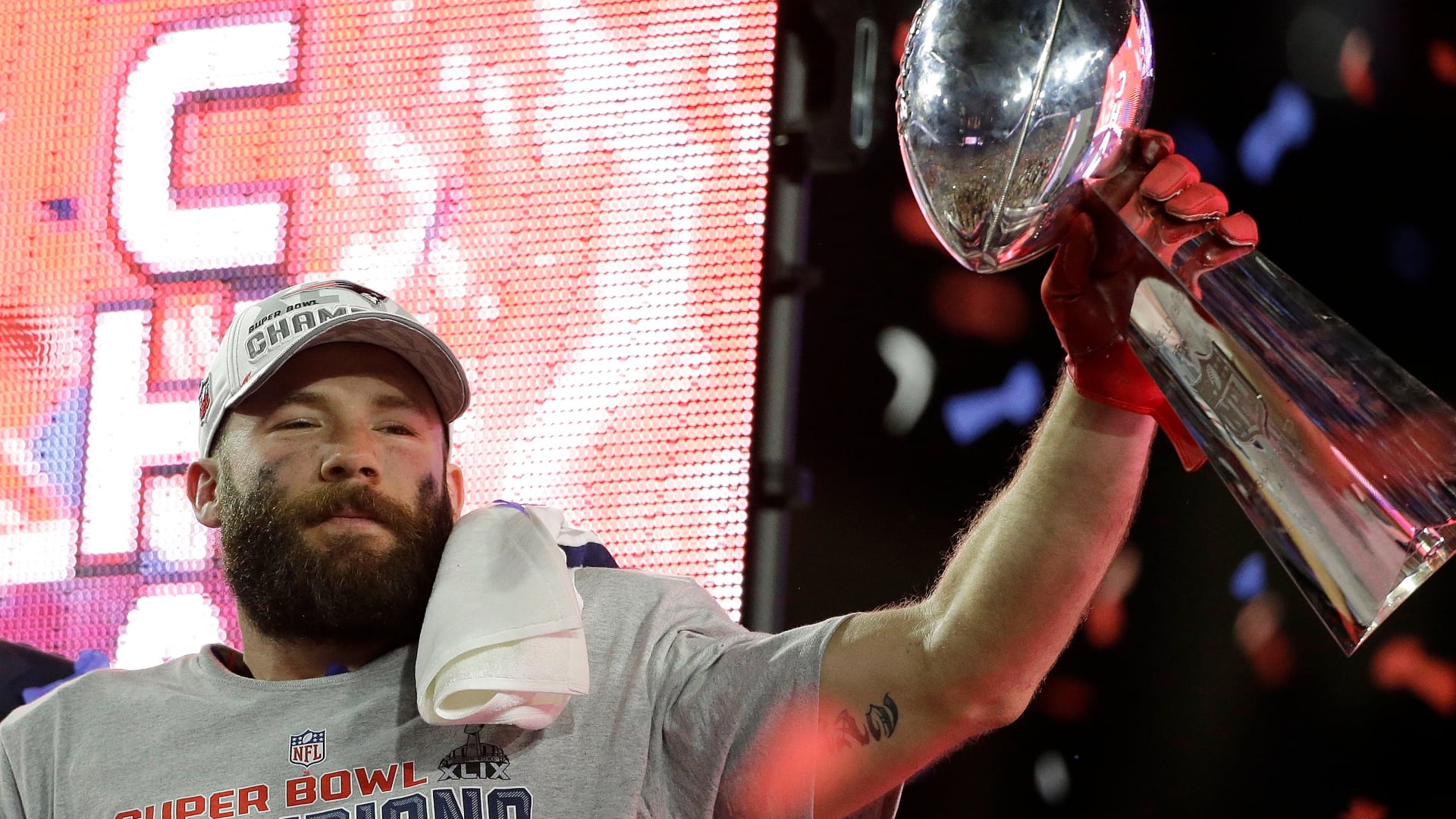The union representing film and television actors says no deal has been reached with studios and streaming services and its leadership will vote on whether to strike later Thursday.
The Screen Actors Guild -American Federation of Television and Radio Artists said early Thursday that its decision on whether to join already striking screenwriters will be considered by leadership at a meeting later Thursday.
If the actors go on strike, it will be the first time since 1960 that actors and writers picket film and television productions.
The actors' guild released a statement early Thursday announcing that its deadline for negotiations to conclude had ended without a contract. The statement came hours after this year's Emmy nominations, recognizing the best work on television, were announced.
“The companies have refused to meaningfully engage on some topics and on others completely stonewalled us. Until they do negotiate in good faith, we cannot begin to reach a deal,” said Fran Drescher, the star of “The Nanny” who is now the actors' guild president.
The group representing the studios, the Alliance of Motion Picture and Television Producers, said it was disappointed by the failure to reach a deal.
“This is the Union’s choice, not ours. In doing so, it has dismissed our offer of historic pay and residual increases, substantially higher caps on pension and health contributions, audition protections, shortened series option periods, a groundbreaking AI proposal that protects actors’ digital likenesses, and more,” the AMPTP said in a statement.
It added that instead of continuing to negotiate, "SAG-AFTRA has put us on a course that will deepen the financial hardship for thousands who depend on the industry for their livelihoods.”
If the actors strike, they will formally join screenwriters on the picket lines outside studios and filming locations in a bid to get better terms from studios and streaming giants like Netflix and Amazon. The actors’ guild has previously authorized a strike by a nearly 98% margin.
Members of the Writers Guild of America have been on strike since early May, slowing the production of film and television series on both coasts and in production centers like Atlanta.
Issues in negotiations include the unregulated use of artificial intelligence and the effects on residual pay brought on by the streaming ecosystem that has emerged in recent years.
Actors have joined writers on picket lines for weeks in solidarity. An actors' strike would prevent performers from working on sets or promoting their projects.
Whether the cast of Christopher Nolan's film “Oppenheimer” attends Thursday's London premiere hangs in the balance of whether the actors strike.
Attending a photo event on Wednesday, star Matt Damon said that while everyone was hoping a strike could be averted, many actors need a fair contract to survive.
“We ought to protect the people who are kind of on the margins,” Damon told The Associated Press. “And 26,000 bucks a year is what you have to make to get your health insurance. And there are a lot of people whose residual payments are what carry them across that threshold. And if those residual payments dry up, so does their health care. And that’s absolutely unacceptable. We can’t have that. So, we got to figure out something that is fair.”
The looming strike has cast a shadow over the upcoming 75th Emmys. Nominations were announced Wednesday, and the strike was on the mind of many nominees.
“People are standing up and saying, ‘This doesn’t really work, and people need to be paid fairly,’” Oscar-winner Jessica Chastain, who was nominated for her first Emmy Award on Wednesday for playing Tammy Wynette in “George & Tammy,” told the AP. “It is very clear that there are certain streamers that have really kind of changed the way we work and the way that we have worked, and the contracts really haven’t caught up to the innovation that’s happened.”
The article is updated with the latest on the possible strike.












